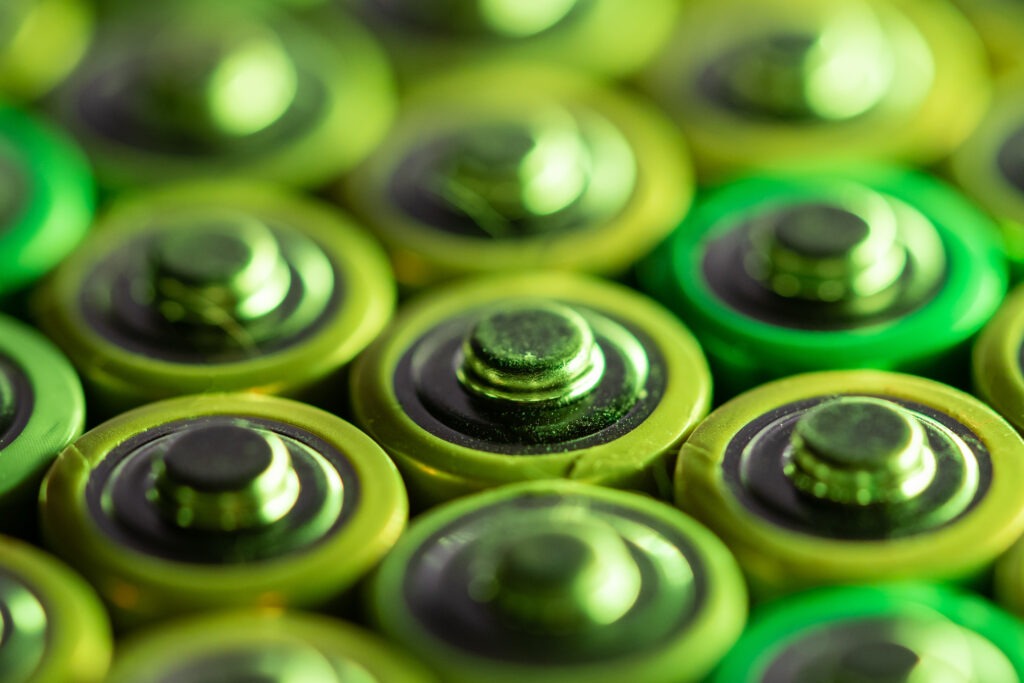February 15, 2023
9:00 am / 10:00 am
Venue
Hodson 203
Title: Cation Insertion in Vanadium Oxides: Insertion Mechanisms, Intercalation-Induced Phase Transformations, and Electrochemistry-Mechanics—Particle-Geometry Coupling

Yuting Luo
Abstract: Lithium-ion batteries (LiBs) have a crucial role to play in the energy transition, from enabling electromobility to managing renewable energy curtailment and addressing the myriad challenges of an entirely reimagined electric grid. However, state-of-the-art devices have reached only about 25% of their possible theoretical capacity. In cathode materials of Li-ion batteries, Li-ions are stored and extracted as needed from packed ensembles of individual particles. Challenges in the design and construction of electrode architectures that allow for their entire interior volumes to be reversibly accessible for ion storage have limited accessible capacity and fast charging. In addition, charging/discharging of the battery generates large stresses, which underpins mechanical failure.
Even though α-V2O5 is considered a promising cathode material as a result of high theoretical capacity, cation intercalation in V2O5 often brings about energy dissipative phase transformations that lead to substantial intercalation gradients as well as multiscale phase and strain inhomogeneities, and finally leading to capacity fading and battery failure. The considerable ion transport resistance is arises from phase boundaries stabilized within actively intercalating particles. Given the effect of phase inhomogeneities on the electrochemical and mechanical performance, multiscale materials design strategies are needed to mitigate the deleterious effects of phase separation and to develop long-lasting and fast-charging Li-ion batteries.
We have developed several conceptual strategies involving (i) modification of crystallite geometries; (ii) utilization of metastable polymorphs with reconfigured atomic connectivities; and (iii) cation pre-intercalation to mitigate the formation of phase inhomogeneities. As such, we have obtained improved reversible capacity, enhanced cycling stability, excellent rate capability, and reduced stress accumulation. These strategies have broad generalizability to the design of cathodes for Li-ion and “beyond Li-ion” batteries.
Bio: Dr. Yuting Luo is currently a postdoctoral associate in the department of materials science and engineering at University of Illinois Urbana-Champaign. She earned her Ph.D. degree in Chemistry in 2022 from Texas A&M University under the supervision of Prof. Sarbajit Banerjee. She was recognized with a distinguished dissertation award at Texas A&M University. Her research expertise includes designing and characterizing nanomaterial as well as fundamentally understanding the mechanism of phase transitions and transport properties for Li-ion batteries and all-solid-state batteries.
